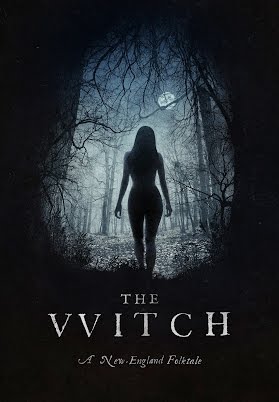 Nothing bothers me more than the fact that religion has such a bad relationship with sex. In my particular experience, I am sick and tired of Christians having so many hangups about sex. I don’t necessarily have an issue with some Christians wanting to wait to have sex until marriage—I don’t agree with it, but as long as Christians don’t judge people who chose to do something different with their sexuality, then I’m fine with it. But that tends to not be the case. Individual Christians might be fine with it, but many Christian institutions tend not to be. I can’t tell you how many times as a kid I attended events that said “sex is a gift from God” but then proceed to say things like “but if you ever masturbate you’re sinning, if you think about sex you’re sinning, if you have sex ever then not only are you sinning but you’ll probably get a sexually transmitted disease, get pregnant, and even (especially if you’re a woman) you’ll be used up and broken.” This might not always be the intentional message, but I have seen and talked with enough teens to know this is the message that often gets through. The constant push from Christians to avoid any sort of sex or even exploration of sexuality certainly diminishes the belief that sex is a gift from God. But these modern problems aren’t the only thing that makes it seem like sex isn’t a gift from God. It’s Christianity’s long history of portraying sex as evil. Christianity has long listed numerous demons whose whole purpose was to tempt humans into some sort of “sexual perversion”, from Satan to Lilith and many others. There is also an obsession in Christian history with regulating peoples’ sex lives. There was a time when even married sex was considered lustful if it wasn’t done for procreation. Anything beyond married procreative sex was seen as the temptation of the devil.
Nothing bothers me more than the fact that religion has such a bad relationship with sex. In my particular experience, I am sick and tired of Christians having so many hangups about sex. I don’t necessarily have an issue with some Christians wanting to wait to have sex until marriage—I don’t agree with it, but as long as Christians don’t judge people who chose to do something different with their sexuality, then I’m fine with it. But that tends to not be the case. Individual Christians might be fine with it, but many Christian institutions tend not to be. I can’t tell you how many times as a kid I attended events that said “sex is a gift from God” but then proceed to say things like “but if you ever masturbate you’re sinning, if you think about sex you’re sinning, if you have sex ever then not only are you sinning but you’ll probably get a sexually transmitted disease, get pregnant, and even (especially if you’re a woman) you’ll be used up and broken.” This might not always be the intentional message, but I have seen and talked with enough teens to know this is the message that often gets through. The constant push from Christians to avoid any sort of sex or even exploration of sexuality certainly diminishes the belief that sex is a gift from God. But these modern problems aren’t the only thing that makes it seem like sex isn’t a gift from God. It’s Christianity’s long history of portraying sex as evil. Christianity has long listed numerous demons whose whole purpose was to tempt humans into some sort of “sexual perversion”, from Satan to Lilith and many others. There is also an obsession in Christian history with regulating peoples’ sex lives. There was a time when even married sex was considered lustful if it wasn’t done for procreation. Anything beyond married procreative sex was seen as the temptation of the devil.
Unfortunately, that’s not all. According to many religious teachings, this temptation into sexual sin was often seen to manifest itself primarily through women. Women were often thought to be more susceptible to lustful urges and temptation. Women were furthermore thought to have a closer connection to the devil because of this and because of their connection to Eve, the first woman, who was believed to have caused the downfall of man. And this is even reflected in our pop culture. I’m more than a little annoyed that more often than not in our pop culture, any and all sexuality is connected to the devil or demons, and that is all often wrapped in a nice sexist bow. While it’s understandable that our pop culture gets these ideas from religious sources, it’s certainly not healthy or helpful.





